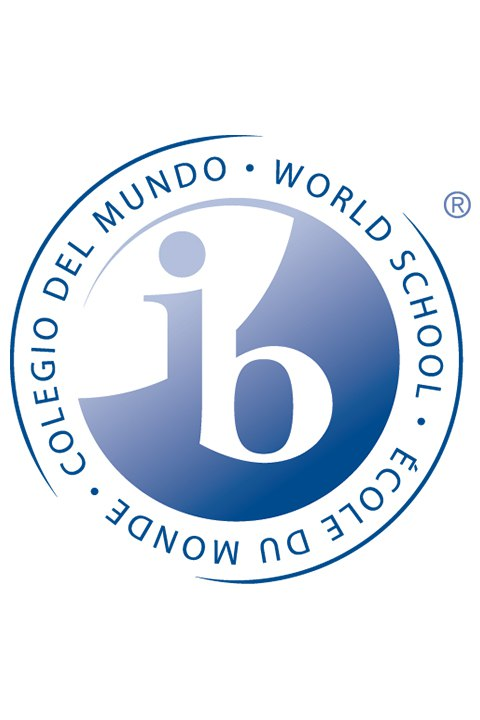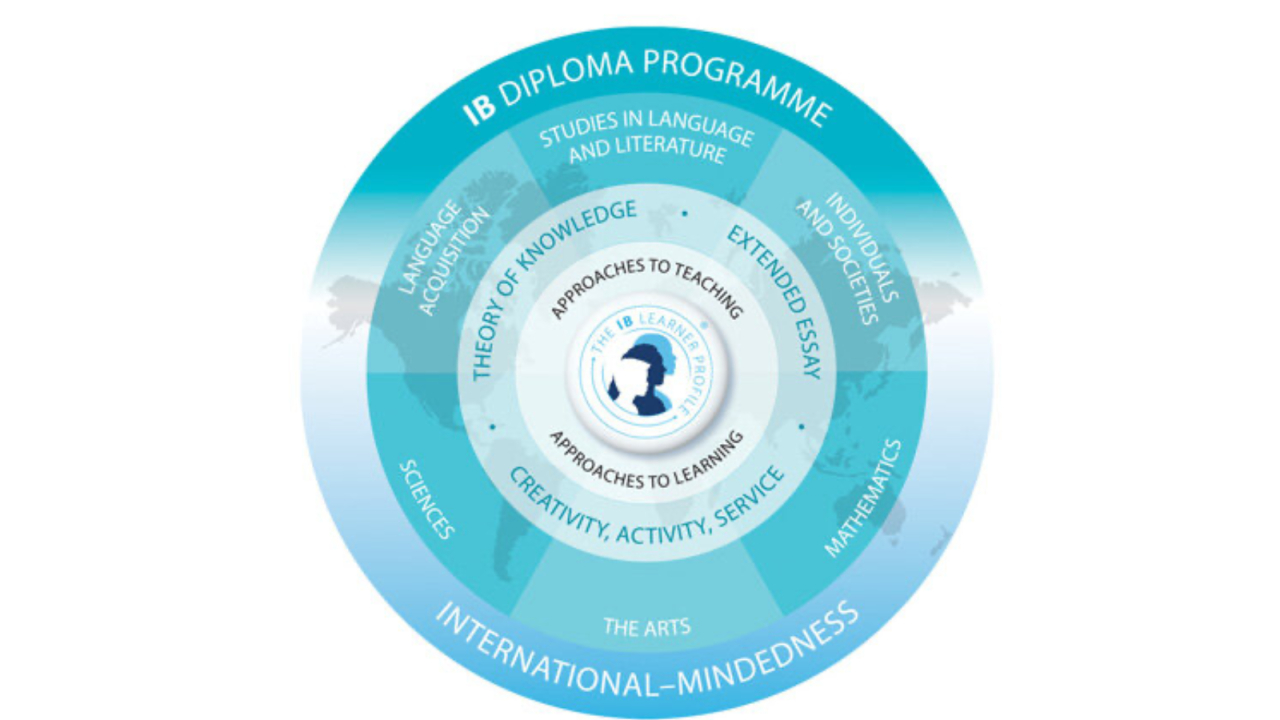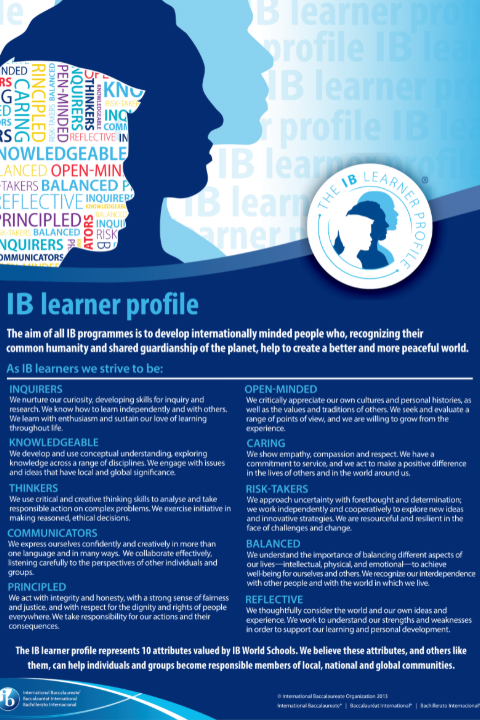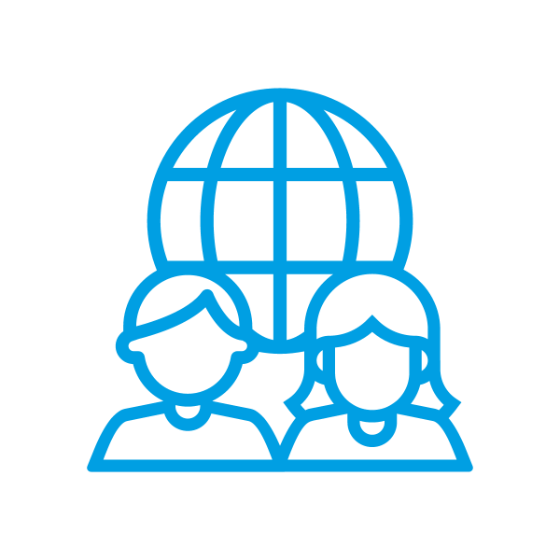- About Haileybury
- Admissions
- Well-being
- Events
- News
- Contacts
- Payment
IB (International Baccalaureate Diploma Programme)
International research shows, among other things, that IBDP pupils are better able than their peers to cope with demanding workloads, manage their time and meet the expectations placed on them.
The International Baccalaureate aims to develop inquiring, knowledgeable and caring young people who help to create a better and more peaceful world through intercultural understanding and respect.
The International Baccalaureate Diploma Programme is an assessed programme for pupils aged 16 – 19. This programme encourages students across the world to become active, compassionate and lifelong learners who understand that other people, with their differences, can also be right.
IB Diploma Programme reflects a central desire to provide an education that enables students to make sense of the complexities of the world around them, as well as equipping them with the skills and dispositions needed for taking responsible action for the future. This course provides an education that crosses disciplinary, cultural, national and geographical boundaries, and that champions critical engagement, stimulating ideas and effective relationships.

What is the Diploma Programme Curriculum?
The IBDP is a 2-year course whereby Students study six subjects chosen from 6 different option groups. Three of these subjects must be studied at Higher Level and the remaining 3 at Standard Level. The 6 groups are as follows:
Alongside the 6 subjects, all students complete the IB Core. The Core consists of 3 strands.
Each of the 6 subjects has a maximum of 7 points available and the IB Core contributes a maximum of 3 points. A maximum of 45 points can be awarded in total.

IBDP Core
One main part of the IBDP is the Core. The Core in the IBDP is worth up to 3 points. It consists of three components:
- Theory of Knowledge
- Extended Essay
- CAS (Creativity, Activity and Service)
The Core is one of the big reasons why Universities love IBDP students.

The IB learner profile
The IB learner profile places the student at the centre of an IB education.
The 10 attributes reflect the holistic nature of an IB education. They highlight the importance of nurturing dispositions such as curiosity and compassion as well as developing knowledge and skills. They also highlight that along with cognitive development, IB programmes are concerned with students’ social, emotional and physical well-being, and with ensuring that students learn to respect themselves, others, and the world around them.
What are the benefits of the IB Diploma Programme?
Frequently Asked Questions
Can I change subjects midway through the programme?
Students are granted permission to change their subject choices within the first half term of Year 12. After this, too much content has been covered and therefore it would be too much work for both students and teachers to catch up on.
How many points must a student earn in order to receive an IB Diploma?
The pass mark for the IBDP is 24 points in total and all subjects must achieve at least a pass rate. It must be made clear that in order to successfully pass the IBDP, all students must complete all 3 strands of the IB Core too.
What is the average IB score?
The average IB score is 37.5. the highest IB score is 43.
What benefits do IB DP students have in comparison to pupils, who do not take the course?
The IBDP course is an internationally known and highly regarded high school qualification. Due to the holistic nature of the course, all IBDP graduates leave school as truly globally minded citizens who have the essential skills for higher education and the world of work. The IB’s aim is “to develop inquiring, knowledgeable and caring young people who help to create a better and more peaceful world through intercultural understanding and respect.” This is achieved through both academic rigour and the completion of the IB Core whereby students are exposed to the positive impact of service and caring for the community and wider world.
What is the difference between IB and A-levels?
A-Level courses are discrete whereas the IB Diploma is holistic in nature. A level students study individual subjects that bear no relation to each other. The IB Diploma is broad, well rounded and seeks to develop the whole child. For example, throughout the IBDP, students develop skills in the following areas:
Do students need to go on a Foundation programme after the International Baccalaureate Diploma Programme?
The short answer is no. There are however some exceptions, like those students who wish to go on to study within the Visual Arts/Graphic Design field. Some courses at university level require students regardless of their high school qualification to complete a foundation course.
Why take IB examinations here in Haileybury Astana, and not other colleges abroad?
Here at Haileybury Astana IBDP students are fortunate enough to have the following.
Does Haileybury Astana provide scholarships for the International Baccalaureate Diploma Programme?
Yes! Each year, we run a scheme to find the brightest young minds in Kazakhstan to come and study the IBDP for free. Please get in touch with our admissions team for further information.
News
03.12.2025
Kazakh Student Makes History at the Breakthrough Junior Challenge
Haileybury Astana pupil Tomiris Abylkairova becomes the first Kazakh girl to reach the global Top 30 semi-finals with her science video on kymyz.
25.11.2025
Brazilian Embassy COP30 Art Exhibition at Haileybury Astana
A celebration of art, climate awareness, and international collaboration.









